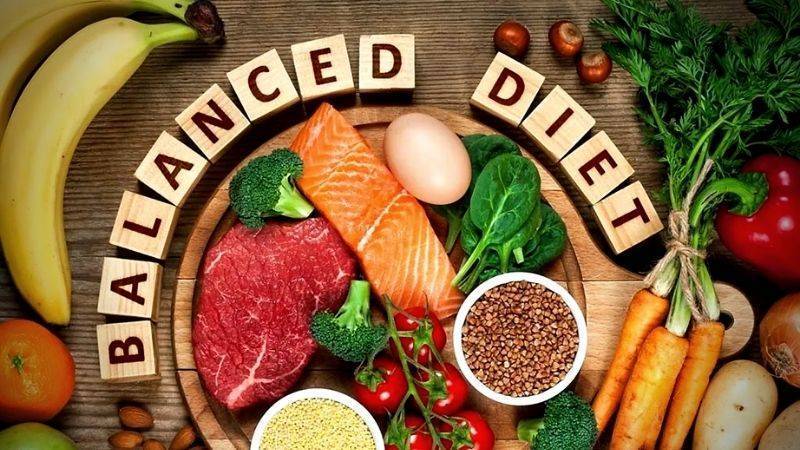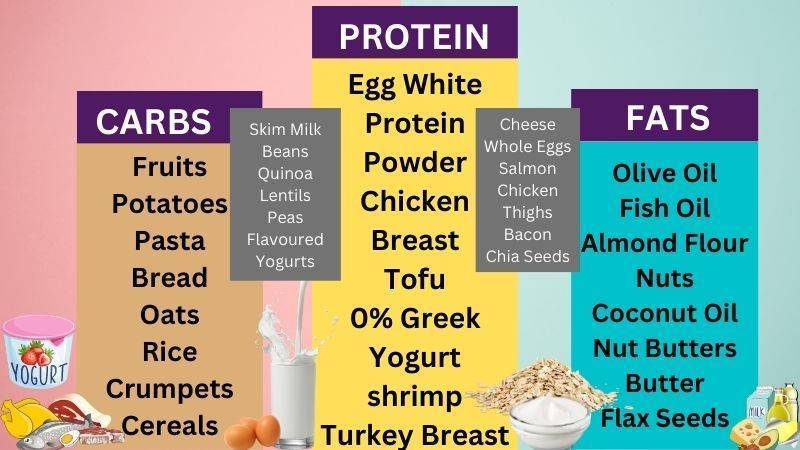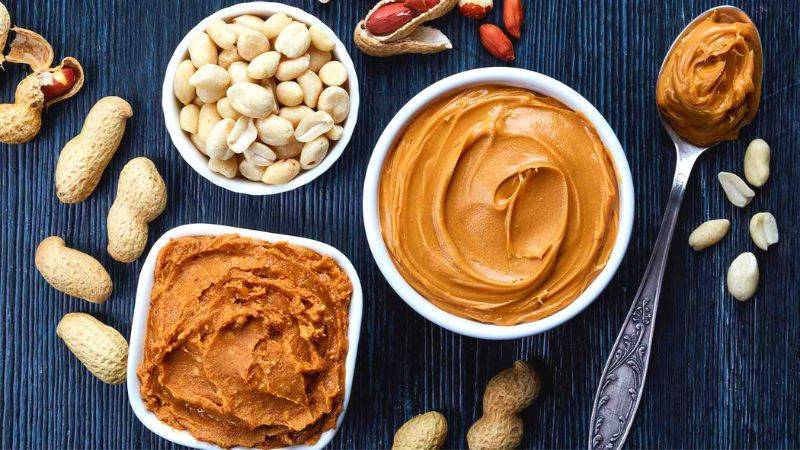“Winning Balance in Your Diet with A Manual for Eat Well!”
At A Glance
A Manual for Eating Well: How to Eat a Balanced Diet -A comprehensive guide provides an overview of the basics of nutrition, as well as practical advice on how to make healthy food choices including tips on how to create a meal plan that meets your individual needs and goals.
Health Benefits of a Balanced Diet
Having a balanced diet is like a balancing act- a delicate dance between the different food groups, each one playing its part in creating a healthy and balanced diet.
Like a scale, the balanced diet is designed to keep the body in a state of balance, where all the nutrients are in proportion.
The advantages of eating a balanced diet are numerous, like:
- keeping a strong weight, as it adorns the body with enhancing nutrients for stable health.
- helps to reduce the risks of constant illnesses, like coronary illness, diabetes, and malignant growth.
- helps with providing additional energy –required for the body to maintain an ideal balance of supplements and nutrients.
- assists with working on psychological wellness by controlling the body with the right proportion of fundamental unsaturated fats, significant for mental well-being.
- Influences the feeling of anxiety by providing one’s body with a controlled proportion of unsaturated fats, significant for stable mental health.
- helps with progressing large well-being and thriving to keep the body in a condition of harmony, where every one of the supplements is in balance.
Eating a balanced diet assists with guaranteeing that the body is getting every one of the supplements it requires to ideally work.
A Balanced Meal Plan
A balanced meal plan is a variety of nutrient-dense foods like whole grains, lean proteins, fruits, vegetables, low-fat dairy, and healthy fats.
- Plan out your meals and snacks by making a list including a variety of foods from every food group.
- Add the roof to your meal plan where portion control comes in. Measure out the appropriate portion sizes for each food group to ensure the right amount of nutrients.
- Add the finishing touches to your meal plan by adding healthy snacks and drinks, like nuts, seeds, and water.
Macronutrients
Essential to provide the body with the energy and nutrients it needs to function fitly.

- Carbohydrates- fuel that powers the body, providing energy for physical activity and mental processes.
- Proteins– the body’s building blocks, providing the raw materials for muscle and tissue growth and repair.
- Fats- the body’s energy reserves, providing a source of energy when carbohydrates are not available.
The perfect balance of the three macronutrients creates strong stability allowing the body to thrive.
Dairy Products

Provide a range of essential nutrients, like calcium, phosphorus, magnesium, potassium, and vitamins A, D, and B12 that are essential for the maintenance of healthy bones, teeth, and muscles, as well as for the proper functioning of the immune system.
Dairy products also provide a source of high-quality protein and a good source of energy – to perform daily activities, growth, and repair of body tissues.
Fruits and Vegetables
Fruits and vegetables- the cornerstones of a healthy diet -are rich in essential vitamins, minerals, and fiber providing the essential nutrients to the body.
Add enough fruits and colorful vegetables of your choice to your diet in appropriate portions:

Portion sizes
- A piece of fruit and vegetable(80g) or an apple, pear, banana, orange, or other comparative size fruit
- 3 full tablespoons of vegetables(80g), fruit salad, or stewed organic product
- 1 full tablespoon of dried fruits(30g) like currant, walnuts, dates, and figs (ought to be kept until lunch/dinner times only)
- a small sized bowl of salad
- A little glass (150ml) of fruit juice or smoothie
Consider a limit of one part a day paying little heed to the number of bits you have.
Legumes

Legumes like beans, pulses, lentils, and peas provide a strong base that supports the other components of a balanced diet and is a source of plant-based protein, carbohydrates, essential vitamins, minerals, and fiber, and is low in fat and calories which provide sustained energy throughout the day and a good source of having balanced diet for vegetarians and vegans.
Different Natural Food Variety
Natural food or Unprocessed food is loaded with antioxidants and nutrients that help heart health, including magnesium and sound fats.
Natural food sources will generally be lower in added sugar than many handled food varieties.
Like Peanut butter is generally ultra-processed food where essentially peanuts, are frequently cooked, and ground until they transform into a paste.

It’s a popular food item that frequently contains hydrogenated oil which is a source of trans fats, known to increase the risk of heart disease.
Stay Hydrated

The significance of remaining hydrated for a decent eating regimen by drinking 8 glasses of water a day to ensure that your body is flushed of toxins.
A balanced diet is key to maintaining a healthy weight and avoiding diseases. The National Academy of Sciences recommends that adults drink water, fruit juice, and low–fat milk or yogurt every day.
Dehydration can lead to an imbalance in the body’s electrolytes, which can cause nausea, vomiting, muscle cramps, and headaches.
Drinking plenty of water helps to keep your stomach satisfied and avoid cravings for unhealthy snacks. Also, keep your skin clear and reduces the appearance of fine lines and wrinkles.
Tips for Eating Out While Maintaining a Balanced Diet
Think of your body as a finely tuned machine, and your diet as the fuel that keeps it running.
To keep your machine running smoothly, here are some tips to help you maintain a balanced diet while eating out:
1. Balance your plate: Aim for half of your plate to be filled with fruits and vegetables, a quarter of your plate to be filled with lean proteins, and the remaining quarter to be filled with whole grains.
2. Choose wisely: Opt for healthier options such as grilled or baked items instead of fried. Also, try to avoid processed foods and choose fresh, natural ingredients.
3. Portion control: Be mindful of your portion sizes -stick to the recommended serving sizes and avoid overeating.
4. Limit added sugars: Opt for dishes that are naturally sweetened with fruits or vegetables.
By following these tips, ensure that your body is receiving the proper nutrients while eating out!






